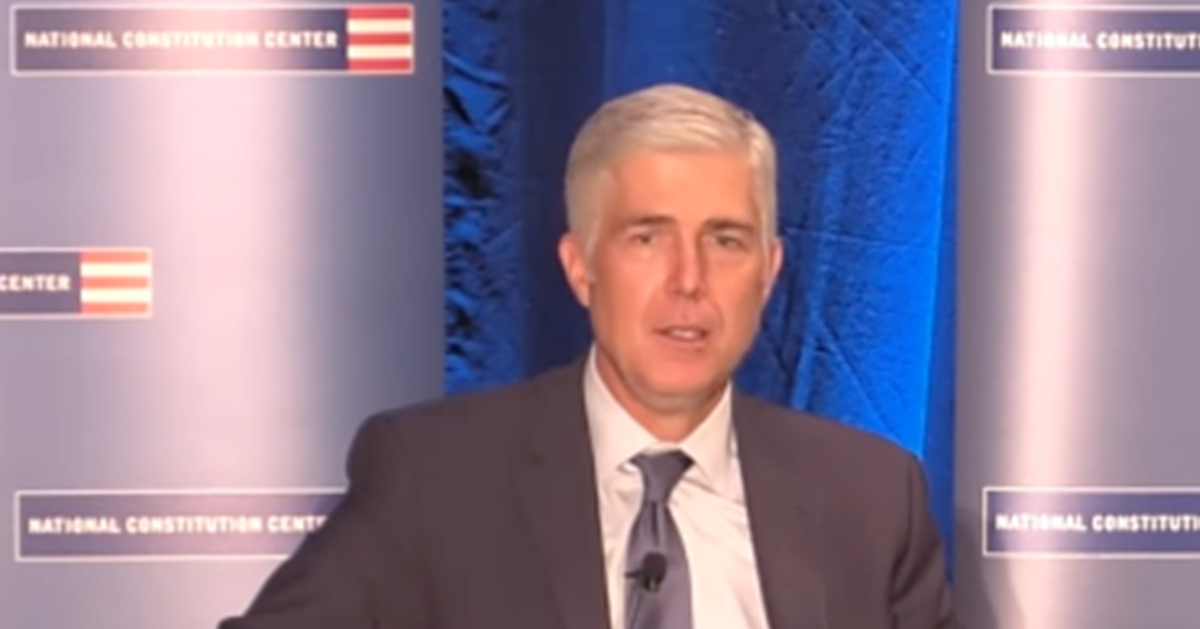Smith Urges Court to Disregard SCOTUS Discussion on Presidential Immunity in Documents Case
Special Counsel Jack Smith has challenged a recent Supreme Court ruling as he continues the legal battle against former President Donald Trump.
Smith requested Judge Aileen Cannon to overlook Justice Clarence Thomas’s concurrence on presidential immunity in her court decisions, as the Washington Examiner reports.
Appointed as special counsel, Smith is overseeing the case against Trump regarding the handling of classified documents.
This matter is being heard by Cannon, who was appointed to the federal bench by Trump during his presidency.
Supreme Court Sets Precedent on Presidential Immunity
The Supreme Court recently upheld a broad interpretation of presidential immunity, stating that presidents cannot be prosecuted for "official" actions taken while in service to the country. This decision has significant implications for ongoing legal proceedings, including this particular case against Trump.
Trump's Legal Team Reacts to Supreme Court Ruling
In light of the Supreme Court's ruling, Trump's attorneys have sought to halt the classified documents case.
They argue that the ruling shields the former president from prosecution, citing the broad immunity now recognized.
Following their motion, Judge Cannon has decided to postpone several deadlines in the case to fully assess the impact of the Supreme Court's decision.
Justice Thomas Questions Special Counsel's Authority
Justice Clarence Thomas, in a concurring opinion in the immunity case, raised questions about the legitimacy of the special counsel’s appointment to his current role. He stressed the importance of authorization by the American people for such prosecutions.
"If the unprecedented prosecution is to proceed, it must be conducted by someone duly authorized to do so by the American people. The lower courts should thus answer these essential questions concerning the Special Counsel’s appointment before proceeding," Thomas stated.
Special Counsel Smith's Counterarguments
In a legal filing, Smith countered by arguing that the opinion of Justice Thomas regarding presidential immunity should not apply to the case at hand, which deals with the handling of classified documents post-presidency.
Smith also agreed to a briefing schedule for the discussion of how the Supreme Court's decision might affect the ongoing proceedings against Trump.
The Ongoing Debate Over Presidential Immunity
This legal battle highlights a critical tension between established judicial precedents and the unique circumstances of Trump’s case. The outcome could redefine the scope of presidential immunity in unprecedented ways.
As the case unfolds, both legal teams continue to interpret and challenge the ramifications of the Supreme Court's ruling, each trying to leverage it in favor of their arguments.
Looking Forward: The Implications of Judicial Decisions
As Judge Cannon reviews the implications of the Supreme Court ruling, the legal community and the public eagerly await decisions that could have long-lasting effects on the presidency and judicial accountability in the United States.
This case not only tests the bounds of presidential immunity but also the very structure of the U.S. legal system’s ability to hold high office holders accountable.
Conclusion: Summary of the Ongoing Legal Drama
In conclusion, the dispute over presidential immunity in the Trump classified documents case brings to light significant legal questions about the extent of presidential protections and the authority of special counsels.
With the Supreme Court's recent decision, the focus now shifts to how lower courts interpret and apply these broad immunities to ongoing and future cases involving former presidents.



